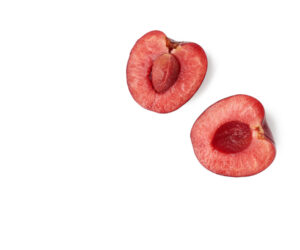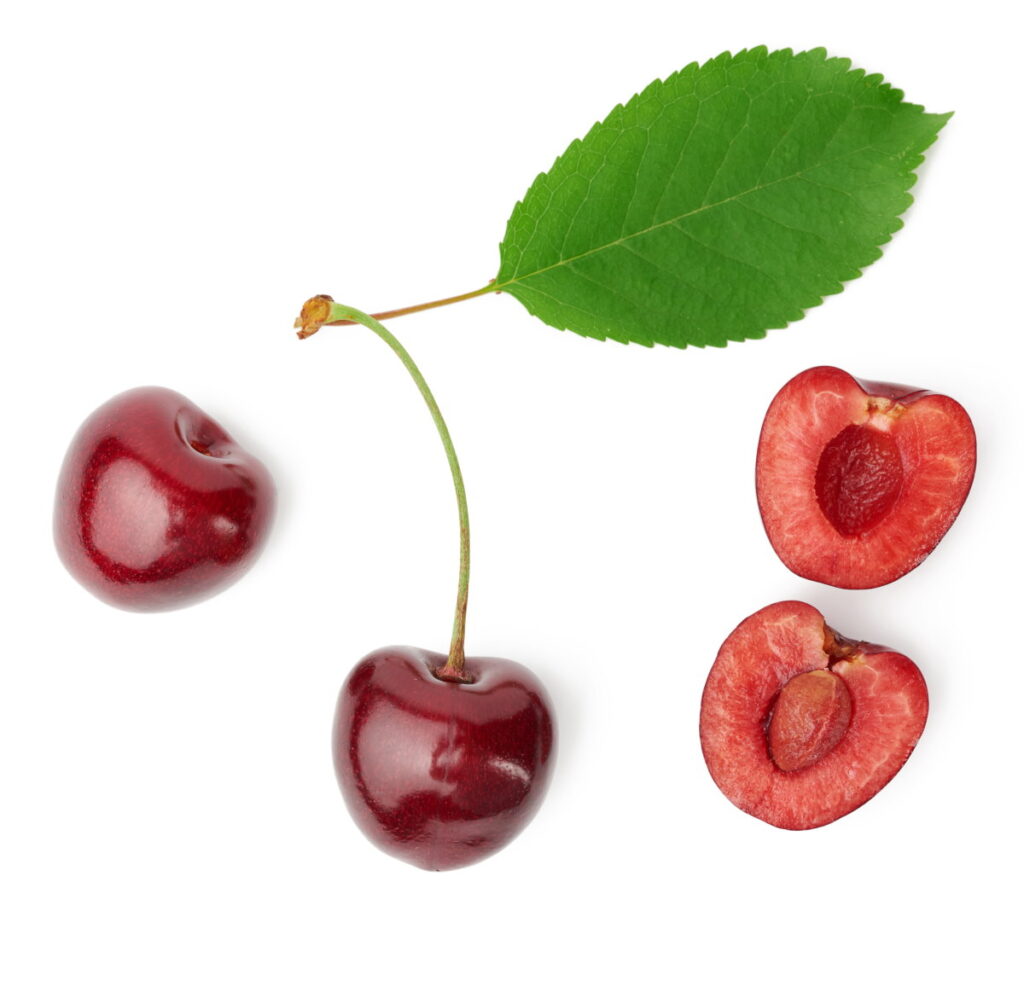Cherry pits are the seed structure in the middle of a cherry. However, unlike other plants, cherries are part of a type of fruit called a stone fruit or drupe. Other examples are peaches, plums, mangoes, and several others with a hard structure in the middle containing the seed. The idea is that the stone gets thrown out, and eventually, the solid exterior degrades, and the seed blossoms into a tree. Roman soldiers used to eat a lot of cherries, and it was said you could find Roman roads by following the cherry trees. That solid exterior will decompose, but it takes a while. Can you compost cherry pits? Yes, but do you want to?
How Long Do Cherry Pits Take to Decompose
Left to its own devices, that stone portion in the middle will take quite some time to degrade. It’s measured in years, possibly as long as a decade. Once it does, the seed will then be exposed. Like with potatoes, weeds, and other plants in our compost, we could eventually see it take root in the fertile compost.
This is often solved by pulling the plant when you see it. You can then let it dry out and add it back into the compost, so it’s not the end of the world.

How to Compost a Cherry Pit
As with other materials that take a while to decompose, one strategy is to help it along first. Basically, you want to soften up or eliminate that hard exterior of the cherry pit. Here are some techniques you can use:
- Boil the cherry pit or add it to boiling water that you already have after cooking. This softens up the exterior, allowing it to decompose more quickly.
- Add the cherry pits to a blender. This will break up the outer shell and likely kill the seed.
- Soak them in water overnight, or even for several days, to soften them up.
- You can crush them manually using a hammer or a nutcracker (please be careful!)
- Just keep adding them back to the compost until they are gone. Having them in there won’t hurt anything.
- You can burn the cherry pits and add the ash to the compost.
Can I Compost Cherry Pits
They are definitely compostable. They are also incredibly sturdy and may take a while. You can do some things to mitigate that, but cherry pits take a bit more work to compost than other materials.
Frequently Asked Questions for Composting Stone Fruits
Can You Compost Peach Pits?

Yes. Composting peach pits is very similar to when you compost cherry pits. Of course, peach pits are bigger, so they will take even longer.
The recommendation is the same. Soak them in water first, ideally boiling water. Burning them or breaking them up will help considerably. You can do that with a hammer or a blender.
How Long Do Peach Pits Take to Break Down in Compost?
Peach pits can take several years to break down in your compost. Using the methods that we have listed here, you can cut down on that time considerably.
How Do I Speed Up How Long It Takes to Compost a Peach Pit?
Like most materials, you want to break it into smaller pieces. The problem is that with stone fruit pits, like peach pits, this isn’t easy. They are called stone fruits for a reason. Here are a few things that you can try:
– Boil the peach pit or add it to boiling water that you already have after cooking. This softens up the exterior, allowing it to decompose more quickly.
– Add the peach pits to a blender. This will break up the outer shell and likely kill the seed, so you are less likely to grow peach trees in your compost.
– Soak them in water overnight, or even for several days, to soften them up.
– You can crush them manually using a hammer or a nutcracker (please be careful!)
Basically, the goal is to soften them up and break them down.
Is Composting Peach Pits and Cherry Pits Worth It?
It’s true that they add some nutrients to your compost, but not a lot. Even taking a couple of years to break down is better than it’s going to do in the landfill and it’s not a big hassle to wait. So, it benefits the planet in that there is less material in landfills, but it has minimal benefit for your compost (though some.)
